‘Plastic air pollution’: Microplastics in clouds could be exacerbating climate change – EuroNews
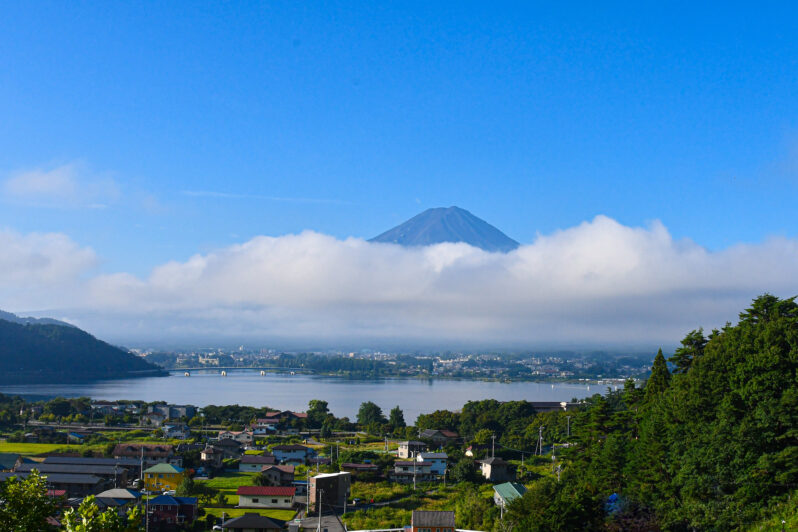
Researchers found several types of polymers and rubber in the water in cloud water surrounding Mount Fuji, Japan’s biggest mountain, and Mount Ōyama.
Their study, published in the journal Environmental Chemical Letters, joins a growing body of evidence showing that plastic pollution has infiltrated most ecosystems on Earth…
The Straw That Hijacked the Plastic Pollution Movement – Hakai Magazine
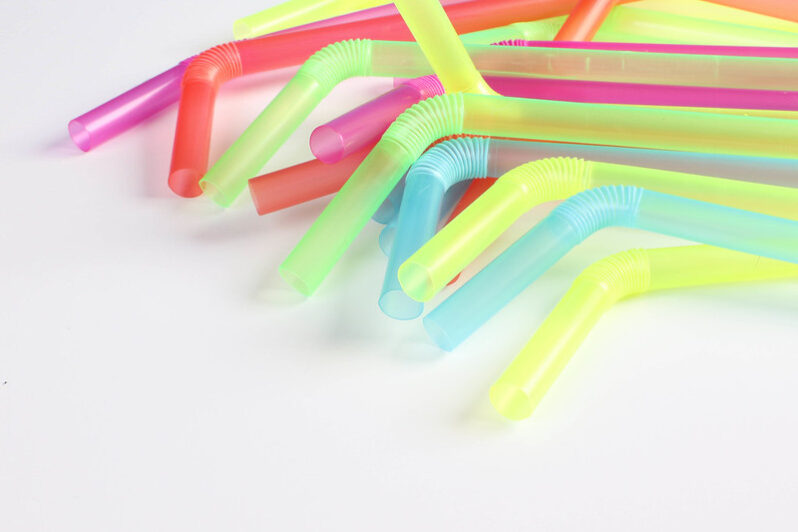
Plastic straws used to be “environmental enemy number one.” Was the fight against them in vain?
The overwhelming plastic waste Hawaii visitors leave behind – SFGATE
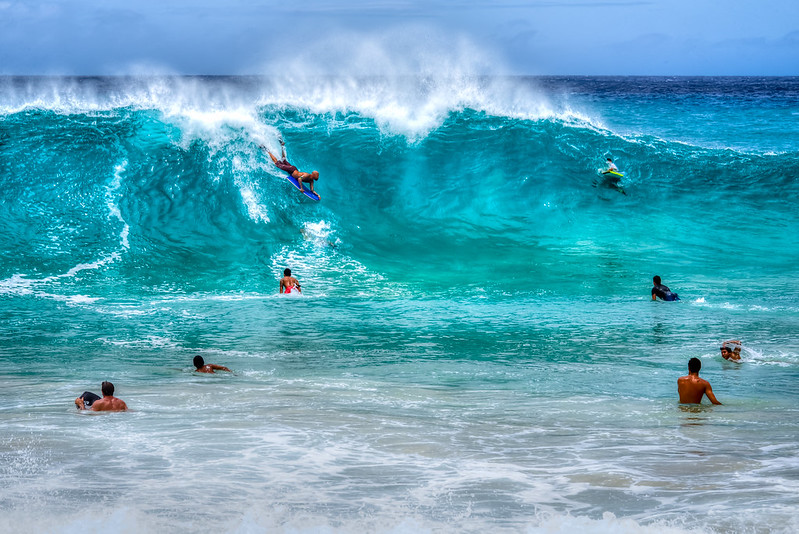
Plastics like in-room toiletries provided by resorts, plus to-go containers and cutlery provided by restaurants, are used and discarded by guests day after day. A single hotel chain can use hundreds of millions of little bottles of shampoo and conditioner every year.
When visitors leave, a lot of these items end up in the trash, yet Hawaii doesn’t have the infrastructure to recycle the immense amount of plastic left behind…
Using ‘recycled plastic’ in construction materials may not be a great idea after all – Grist Magazine
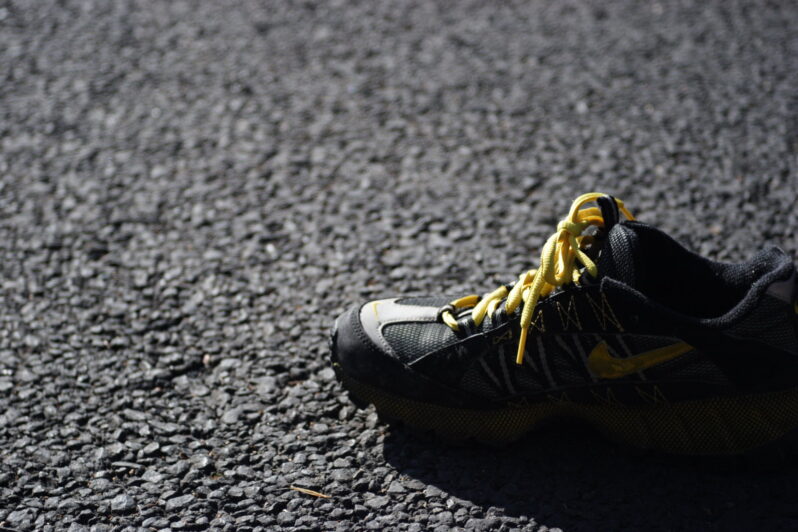
Last month, the American Chemistry Council, a petrochemical industry trade group, sent out a newsletter highlighting a major new report on what it presented as a promising solution to the plastic pollution crisis: using “recycled” plastic in construction materials. At first blush, it might seem like a pretty good idea — shred discarded plastic into tiny pieces and you can reprocess it into everything from roads and bridges to railroad ties…
There Might Be Less Plastic in the Sea Than We Thought. But Read On – the New York Times
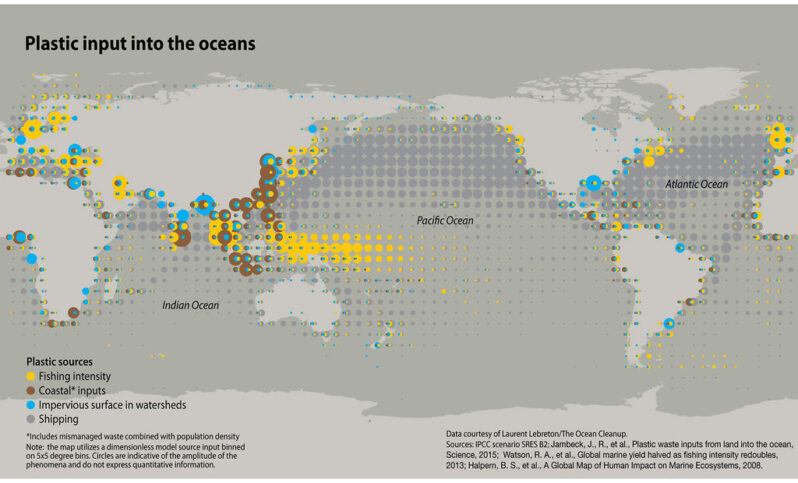
There’s less plastic pollution flowing into the ocean from land than scientists previously thought, according to a study published Monday in the journal Nature Geoscience.
The researchers estimated that about 500,000 metric tons of plastic end up in the ocean each year, with about half from land. The other half comes from the fishing industry in the form of nets, ropes, buoys and other equipment…
How Plastics Are Poisoning Us – the New Yorker
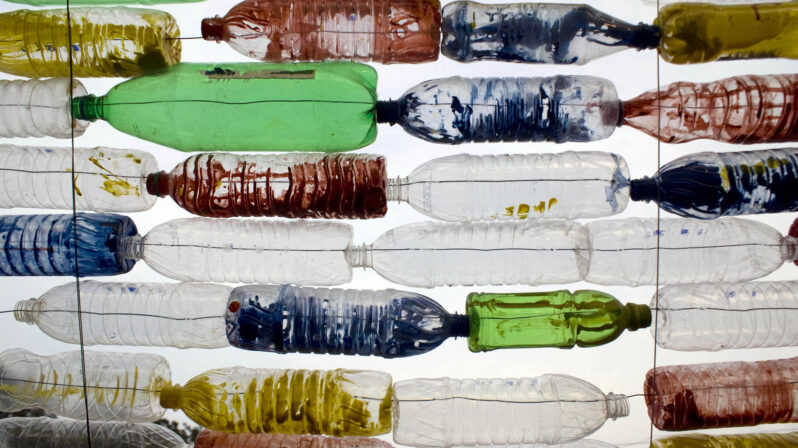
They both release and attract toxic chemicals, and appear everywhere from human placentas to chasms thirty-six thousand feet beneath the sea…How worried should we be about what’s become known as “the plastic pollution crisis”? And what can be done about it? These questions lie at the heart of several recent books that take up what one author calls “the plastic trap…”
Yet Another Problem With Recycling: It Spews Microplastics – Wired Magazine
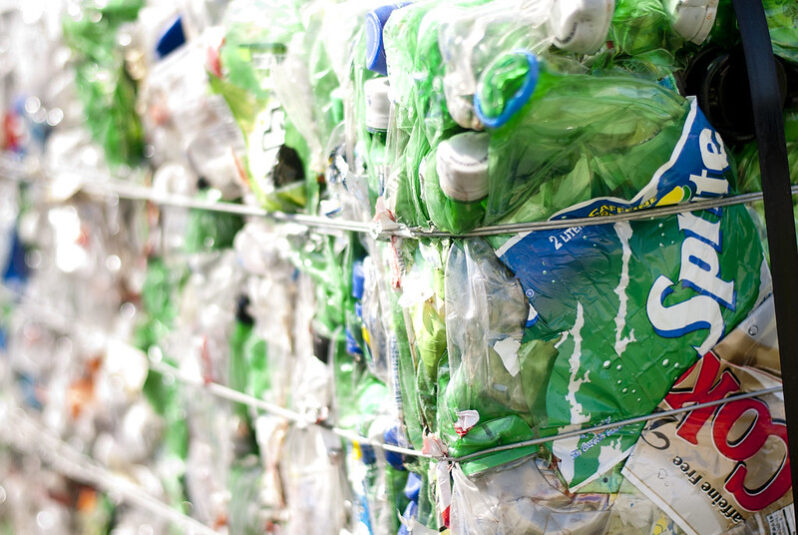
An alarming new study has found that even when plastic makes it to a recycling center, it can still end up splintering into smaller bits that contaminate the air and water. This pilot study focused on a single new facility where plastics are sorted, shredded, and melted down into pellets. Along the way, the plastic is washed several times, sloughing off microplastic particles—fragments smaller than 5 millimeters—into the plant’s wastewater…
How do you tackle microplastics? Start with your washing machine – the Grist
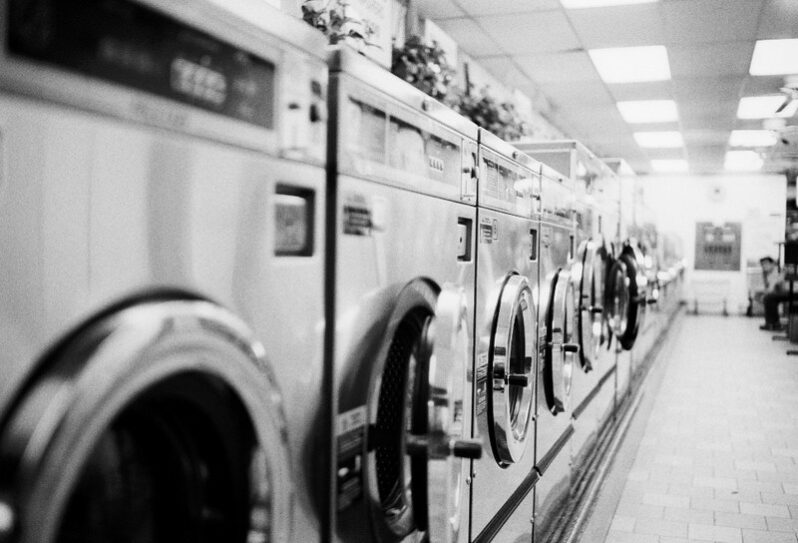
Simple filters could help remove microfiber pollution from your laundry. But experts say a broader portfolio of solutions is needed to address the problem.
As environmental challenges go, microfiber pollution has come from practically out of nowhere. It was only a decade or so ago that scientists first suspected our clothing, increasingly made of synthetic materials like polyester and nylon, might be major contributors to the global plastic problem…
Are You Giving Flowers with a Side of Plastic? – Hakai Magazine Editorial
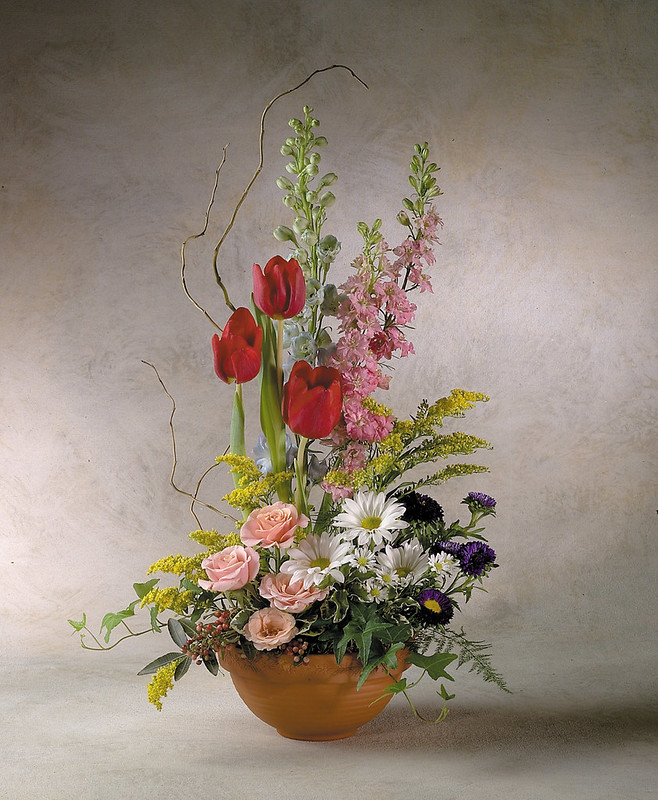
Over a century ago, flower retailer Florists’ Telegraph Delivery group—more recognized as FTD—started the campaign “Say it with flowers” for Mother’s Day. And we’ve been saying it—I love you, I miss you, … congratulations on your new baby/home/job—ever since. Flower person or not, chances are you’ve recently intersected with a bouquet or arrangement… Look closely, and you’ll see the power of flowers; their ubiquity in our day-to-day.
